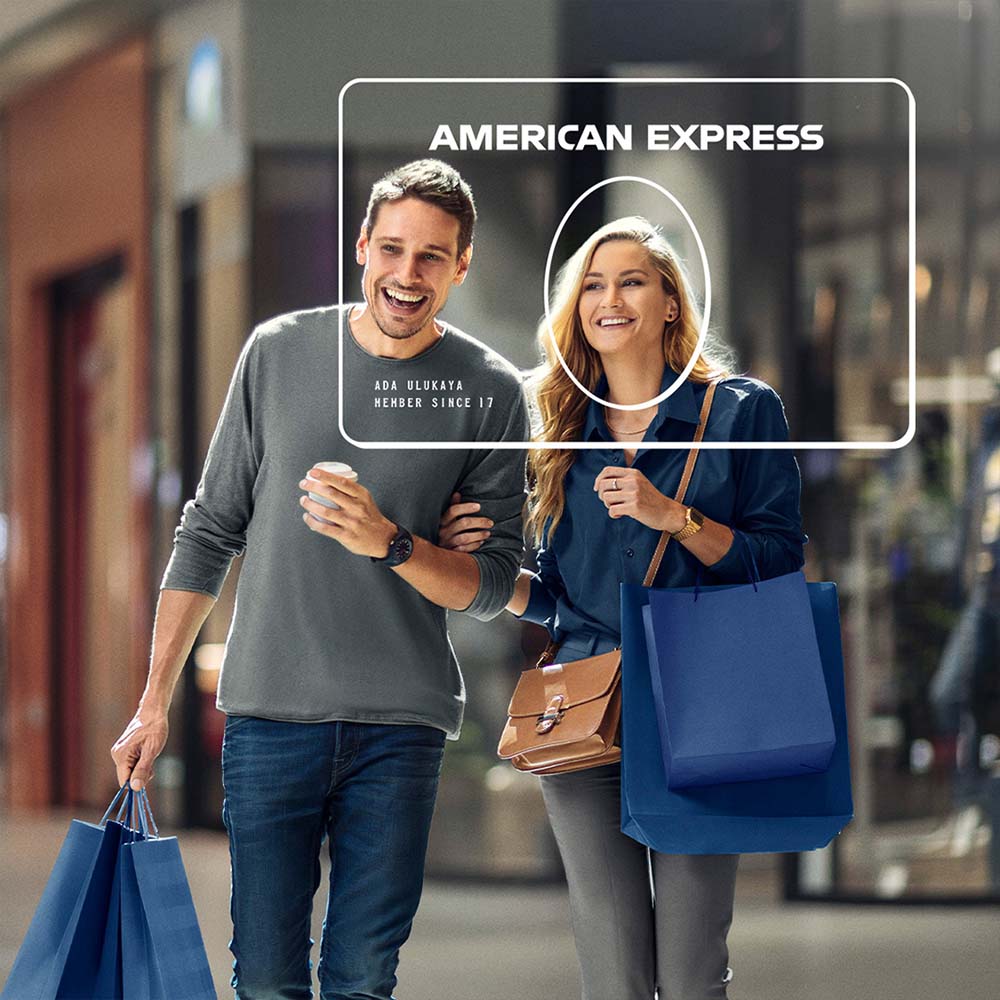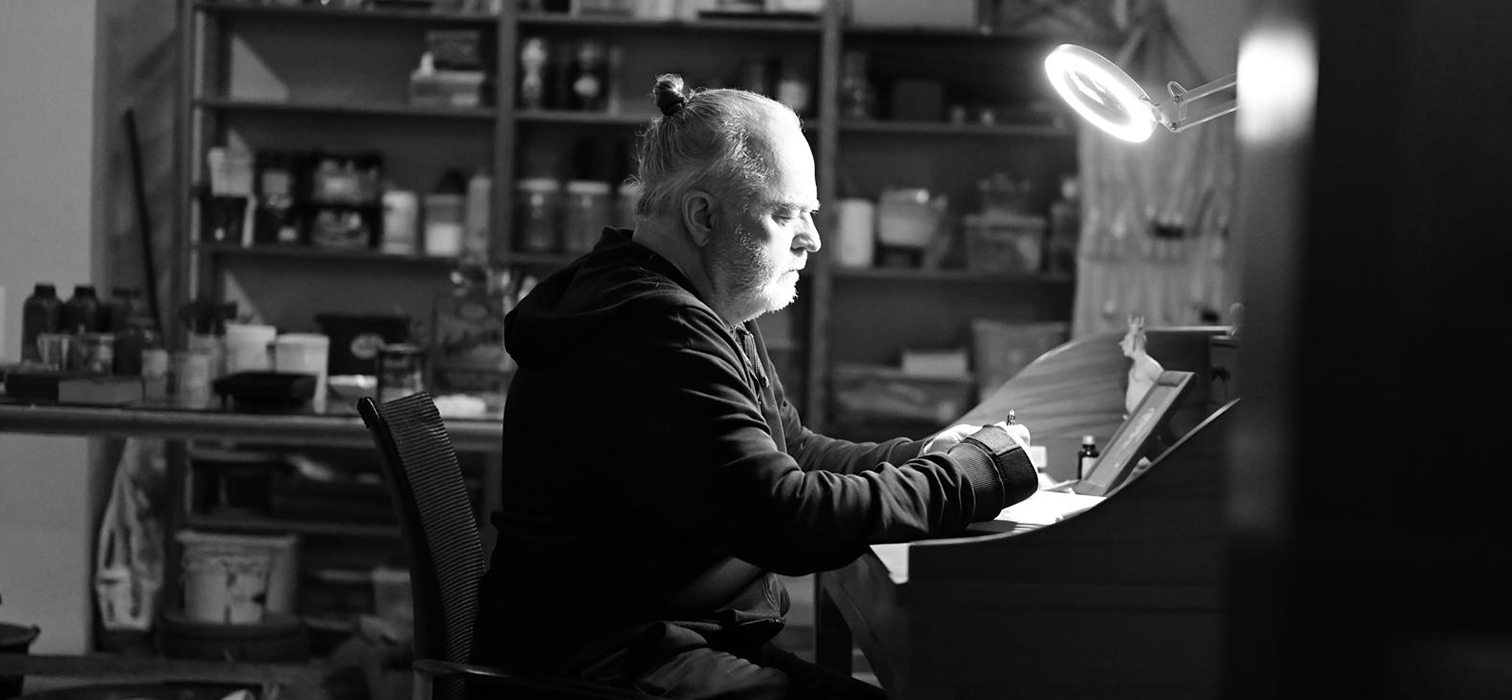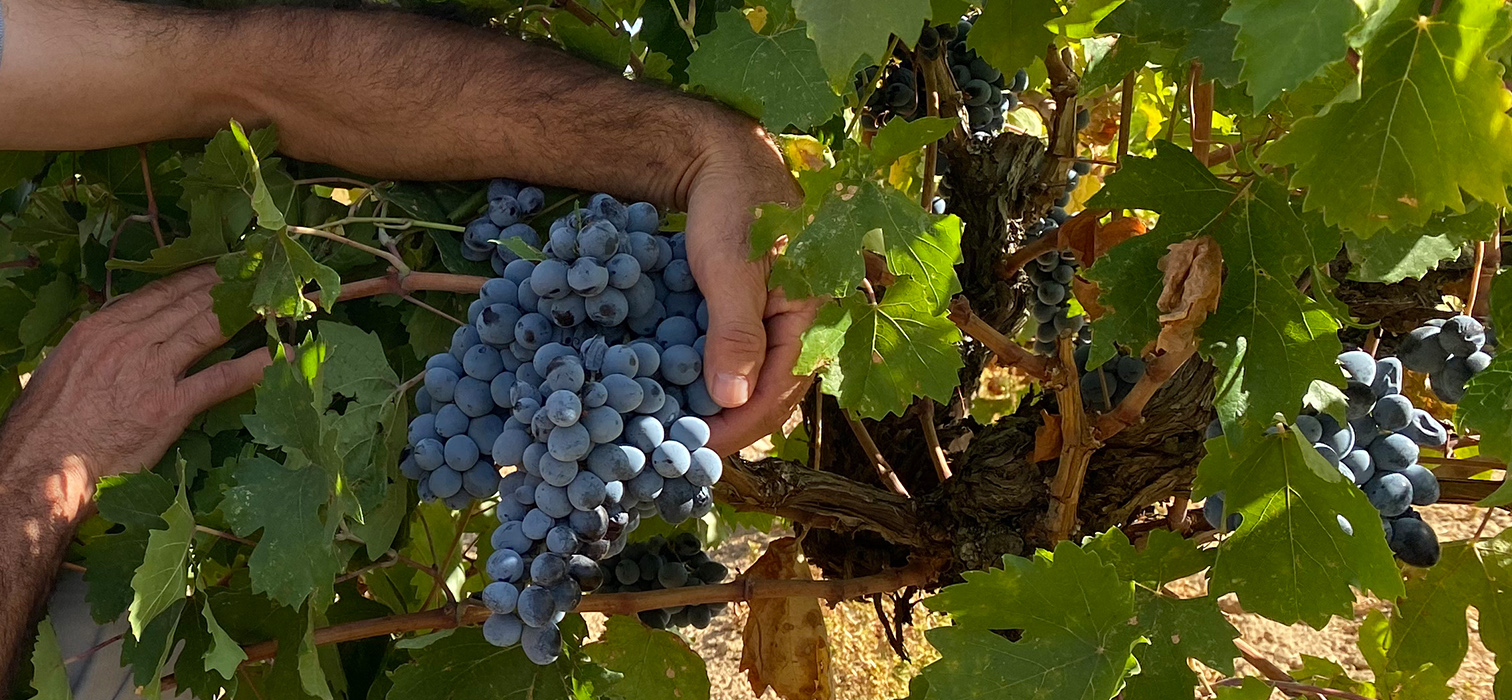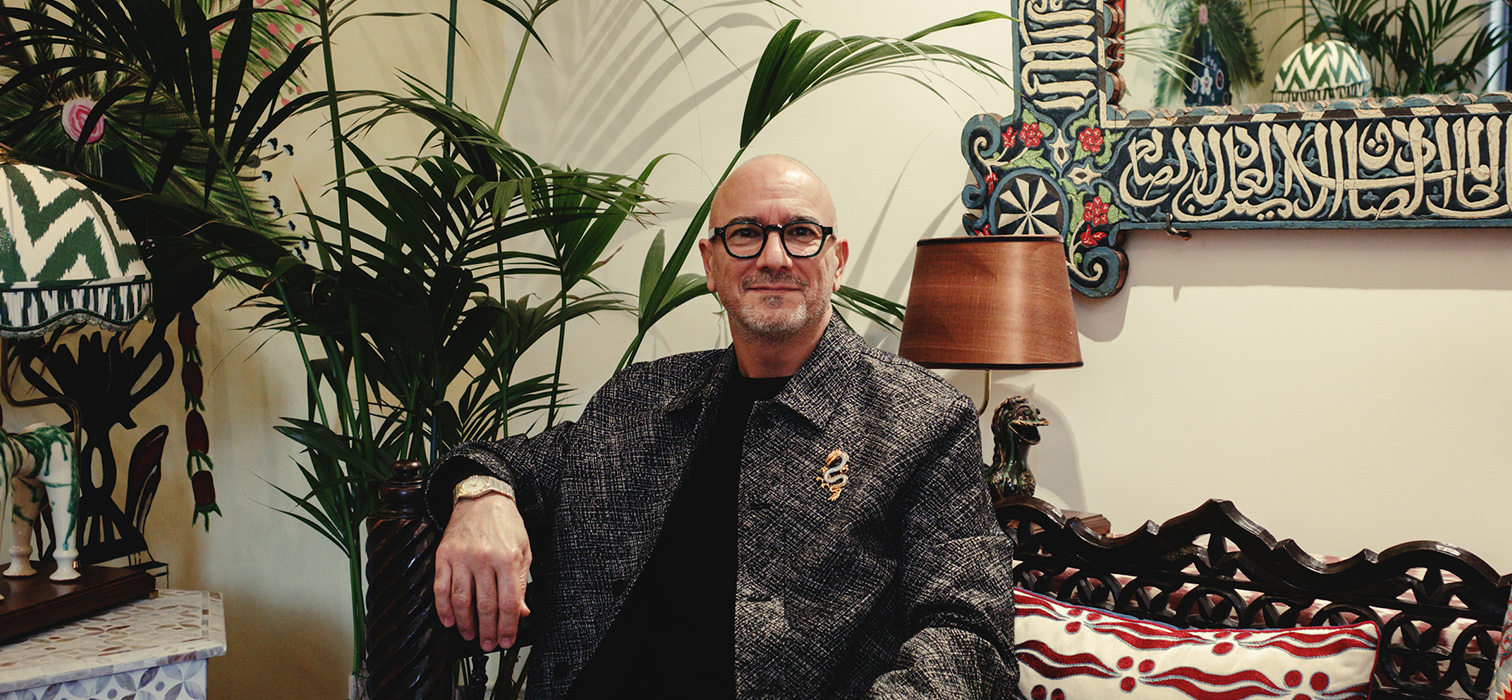A Timeless Kitchen
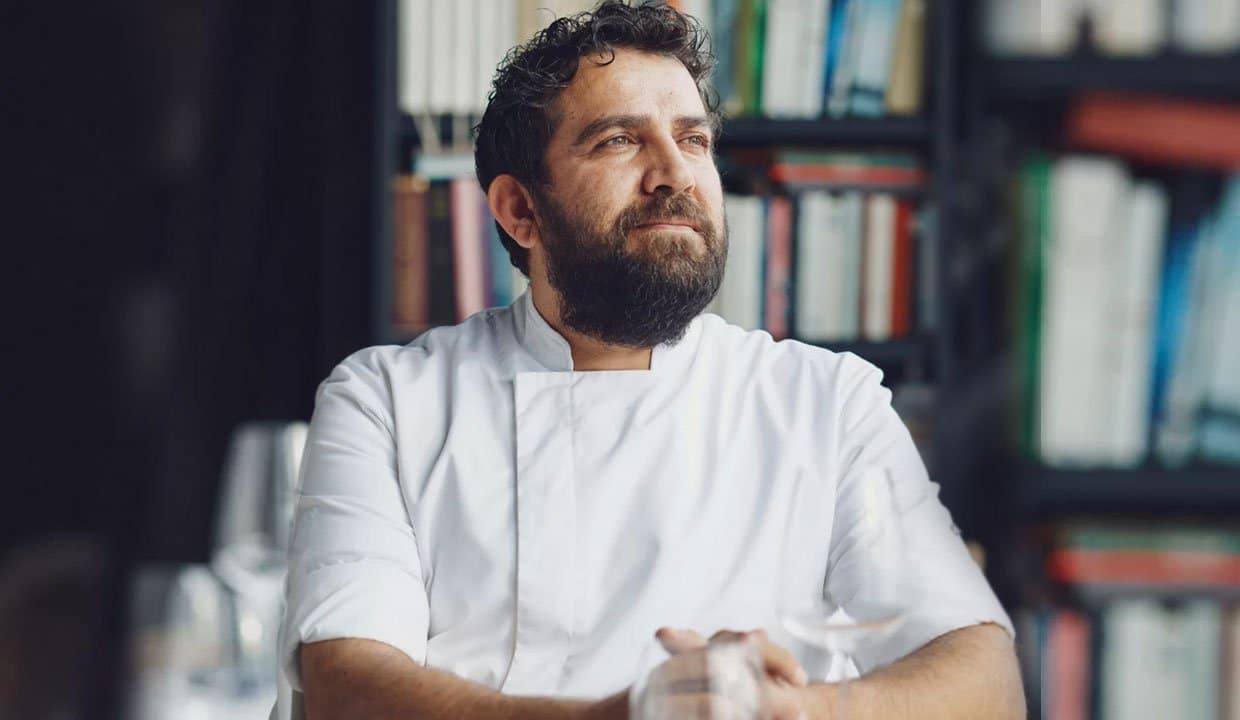
Anatolia is the starting point of everything. One of the most unforgettable traces left by this rich geography, where dozens of civilizations have passed, is undoubtedly its cuisine. Even though life changes in every way from past to today, that first taste that remains on the palate always preserves itself. We looked at the story of that first taste and the “timeless” world of cuisine through the window of Maksut Aşkar, who interprets traditional cuisine with original recipes.
You describe your restaurant as timeless, what does it mean to be “timeless” in the kitchen?
What does time mean? According to whom and according to what time should be said. In my opinion, we live in an eternal present, we create our present with the imagination of the future by learning from what we call the past. The future is just a dream. We know there is a future, but it actually gets old every day. Since those memories of the past are important to us, we look at how we have shaped our present from those memories. At Neolokal, every day is timeless for us. That’s why it’s still a newly opened restaurant for someone who has been coming for the first time since 7 years. Because we are the ones who are wasting time, someone who has not been to Neolokal for 7 years comes to a new place when they come today.
I guess you have a way of relating to the past with traditional tastes. What is the place of traditional flavors in your kitchen?
These are already written prescriptions. We copy our mother; we don’t do anything different. Of course, the point where we are most original is that we only copy our mothers; not other chefs, cuisines, or visions. Based on our past experiences, we take care to blend those recipes with an innovative perspective. This creates its own uniqueness.
Here, too, our inspiration is Anatolia, which is the starting and ending point… It is an endless point, because when we say Anatolian cuisine, we are talking about a vast ocean. Even though my childhood memories are from a very limited region, when I say I cook Anatolian cuisine, I have to feed off the childhood memories of others. I have to be able to understand and touch them; This is a difficult and stubborn job. When you start this job, you realize that you learn something new every day. You grow and develop in direct proportion to how open you are to learn something new.
“I don’t like the word organic; because what we call organic were food materials that we did not need to say organic 40 years ago.”
What is traditional?
It should not be thought of as a mere recipe. We are talking about the projection of a culture that once existed but has disappeared or is about to disappear, that is, a kitchen that is about to disappear. Maybe a kitchen that remains in our memories only. With the forced migrations in the Ottoman period, you could only carry one culture, one habit, and that is the cuisine. In your new home, you adapt and transform it according to what nature gives. For example, Sephardic cuisine is the cuisine of 500 years ago. They are still trying to adapt it to today’s conditions; this is an example of a culture trying to live. Therefore, when I put the flavors of this culture on the table, I make an effort to add value to it.
In traditional tastes, the material also stands at an important point. Is it now a luxury to reach organic?
Honestly, I don’t like the word organic; because what we call organic was food materials that we didn’t need to say organic 40 years ago. Why do we say organic today, in fact, everything should be like that. That is, everything should be as it is. We should call normal food, and what has been changed and industrialized from the traditional way we should call it conventional food. Rather than saying organic food, it is more correct to name them. So is wine; the drink we now call wine is conventional, but we feel the need to call it natural wine, fermented grape juice. This seems silly to me. Of course, there is a change, there is a transformation with industrialization. On the one hand, people’s needs are changing because people are forced to consume, the habit of consuming is seriously at its peak. At this point, we know that we will never be able to reach the food we call “organic” in a reasonable amount, because it also has certain limits due to systems. When you consider the prices of the documents you have to get for a food to be organic, you shouldn’t actually need it. I think it is right to be “good, clean, fair” rather than organic in everything. When you’re good, clean, and just, you don’t turn to the conventional; you really take the food as it is and start processing it. Of course, many lands around us may have been damaged, but as long as you show that you can live with the “good, clean, fair” one, the farmer trying to earn more money will be in a hurry to transform his land after three or five years, and you will guide him. Therefore, it is valuable for us to work with such producers and to contribute at least a little to their survival.

You said Anatolia, where everything begins and ends, where did your culinary journey begin?
Namely, after my grandfather died, when a grandchild was needed to be a companion to my grandmother, I became the grandchild chosen by the family elders. So, I lived with my grandmother for a year or two and of course our only common language was cuisine. I would always help her in the kitchen, luckily I loved spending time in the kitchen. What I am now is based on what I learned from both my mother and grandmother in those days.
What flavors do you remember from those days?
A few days ago, we had a dinner with Şemsa Denizsel and prepared a Turkish raki table. I cooked black-eyed peas with fresh olive oil, this is a taste left over from the time of my grandmother and mother. The rest of this olive oil black-eyed pea made in their time was eaten for breakfast in the morning, it is a very precious memory for me. That’s why I wanted to cook black-eyed peas with olive oil that day because I carry the memories on my menus.
A restaurant that is related to yesterday is Neolokal. What awaits guests here?
Every plate has a story. It could be material related, it could be manufacturer related. It could be a recipe or a culture. We don’t just cook and serve food, we give our guests a small booklet with the story of each dish in order to convey our way of thinking while designing the plates. We want this information to be valuable for us and valuable for them as well. We think that we cannot establish that communication correctly unless we can explain what, why and how we do it. I think we do this as well as we can, because in our 7th year, we are still “timeless” to maintain our lives.
You also made plate designs with some brands. What was this experience like?
It was a process that depended entirely on how I verbalized any material that was shown to me. That’s where design comes into play and becomes my language. On the other hand, since it is food, its intelligibility is very important. I’m not trying to make them understand me here, but I care about expressing what is meant on the plate correctly.

How do you think the kitchen will change with the effects of the global pandemic?
We can never really guess. As we could not predict a year and a half ago, we cannot predict today. One thing we do know is that the imagined future has changed a lot. We act according to the conditions of the present, every “now” and “day” in the last year and a half has been different and strange to us. We are trying to survive and keep up with our lives in that strangeness.
One of the most popular concepts of today is NFT, and you have interpreted your classic five plates with NFT. What kind of experience was it?
The concept we call NFT (non-fungible token) is completely the emotions and art that you bring to the digital environment. Many of them are not things that can be turned into reality from digital media, and it is absurd for a rock chart to be sold for millions of dollars. We built this based on the question of what kind of experience we can offer in this digital world transformation. We offered five of our dishes for sale as GIFs, but when you bought this dish, which was offered for sale as GIF, we gave you both the recipe for that dish and the opportunity to cook that dish together with Maksut Aşkar at Neolokal. For this, a certain price was determined. We actually wanted to turn NFT into an experience.
On the one hand, not all NFT investors are cryptocurrency investors, maybe not art dealers. An investor mass that gravitates towards values that can only be bought and resold. Once an experience is purchased and used, it cannot be resold. So we are not a very valuable NFT collection for them. We know that our experience is unique in the world. Maybe it will increase in the future, if it does, we will be one of the first to catch the end of this experience.
How is a day in the kitchen?
Our restaurant opens at 07:00 in the morning. Therefore, you have to be ready to serve at 19.00 in the evening. Whether your preparation for service takes the team five or six hours is up to the team to decide. In fact, we give the team the opportunity to create their own time. Thus, we say that we should not be people who do nothing but wheel while it is a constantly working wheel and we can think about our own lives. That’s why we’re only open five days a week; We rest the body one day and the soul the next.
This article was published in the issue of Saatolog 2021-2022. The publication rights of the photographs in the article belong to Saatolog and saatolog.com.tr, and it is forbidden to use them in any medium without prior written permission.

